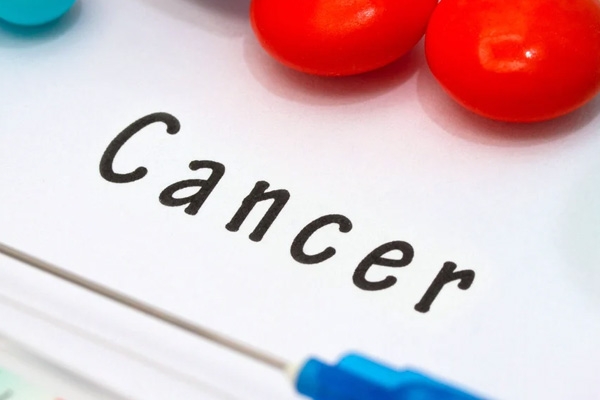
(Image source from: Canva.com)
In recent times, doctors who specialize in cancer, especially in India, are noticing a worrying trend: fit and healthy young adults are being found to have advanced cancers. Although these diseases are usually linked to older people or lifestyle issues, various cancers such as breast, colorectal, gastrointestinal, cervical, and oral cancers are increasingly affecting those under 50. Cancer is basically a disease related to genes, caused by changes in DNA that lead to unchecked cell growth. Usually, these changes build up as people age, yet those in younger generations are seeing more cancers starting earlier since the 1990s. While breast cancer is still the most frequently diagnosed in younger people, colorectal cancer, which has the highest death rate in this age group, is also becoming more common.
Researchers refer to this situation as the "birth cohort effect," suggesting that individuals born after the 1960s seem to have a higher lifetime chance of getting cancer, possibly due to coming into contact with unidentified environmental factors. Although being overweight and leading inactive lifestyles are known risk factors, they do not completely account for the increase in cases, as even those who are active and health-aware are being diagnosed. For oncologists, this reality is very upsetting. Dr. Korukonda shares stories of newly wed brides, nursing mothers, and young workers who overlook breast lumps until they turn into serious tumors. In India, oral cancer is frequently seen in young drivers who use tobacco, but now even those who do not use tobacco are being diagnosed with severe oral cancers.
Young individuals often miss out on screenings because most tests are suggested for people over the age of 40. They usually arrive for treatment at a late stage because they tend to shrug off early signs. By the time general symptoms show up, the condition has often progressed significantly.
Reasons for Late Diagnosis:
There are several reasons why young people are diagnosed late:
Lack of awareness: Many people dismiss ongoing symptoms.
Screening gap: Most recommendations are aimed at older adults.
Aggressiveness of tumors: Cancers that appear early tend to grow more quickly.
Hereditary factors: Family history has a significant impact, especially with breast and colon cancers.
For example, breast cancers that begin at an early age are more likely to be aggressive types such as triple-negative or HER2-positive, and only about 20% are associated with genetic conditions passed down through families.







